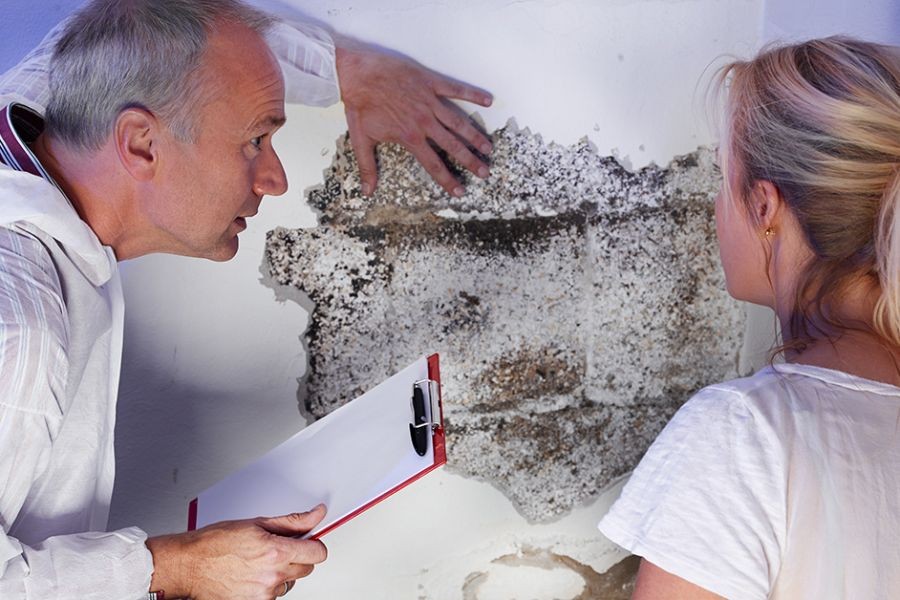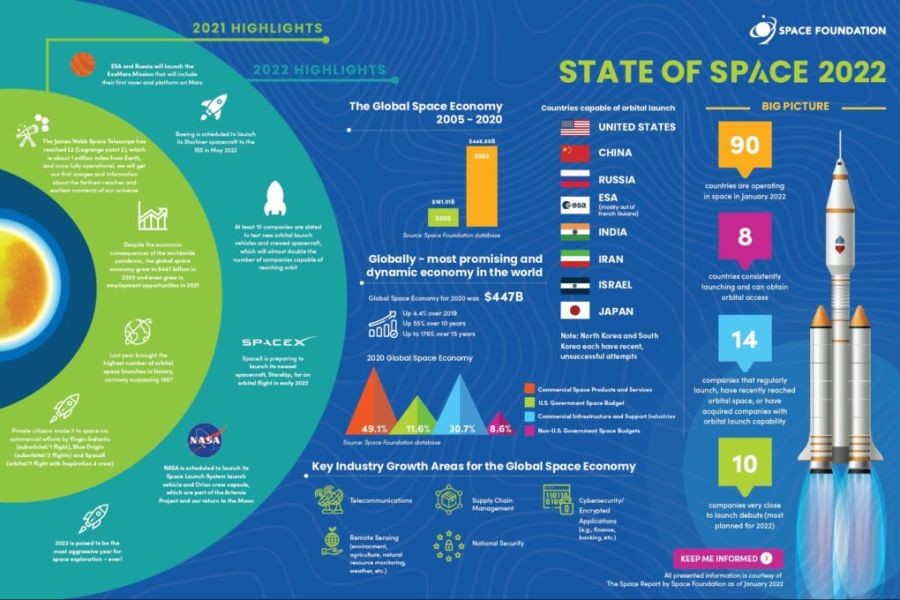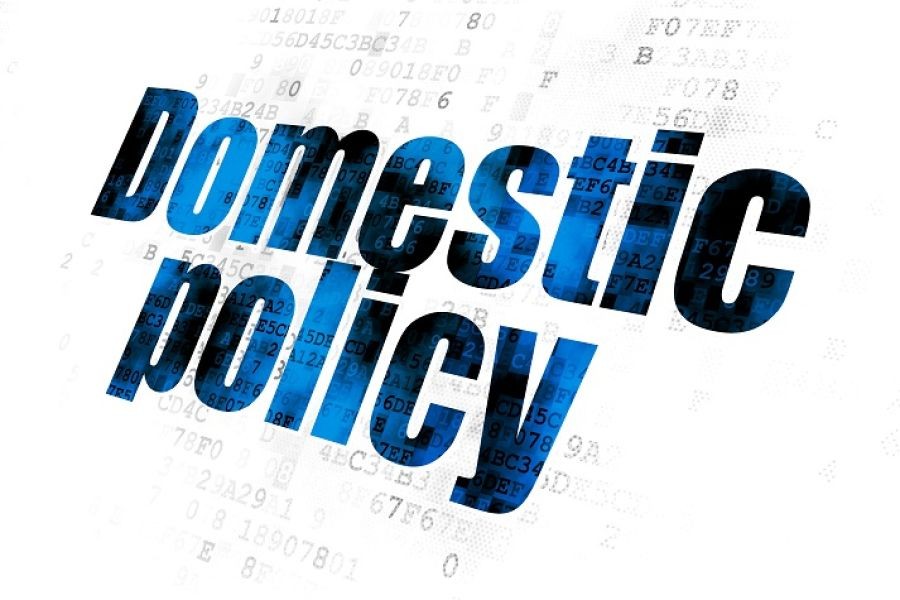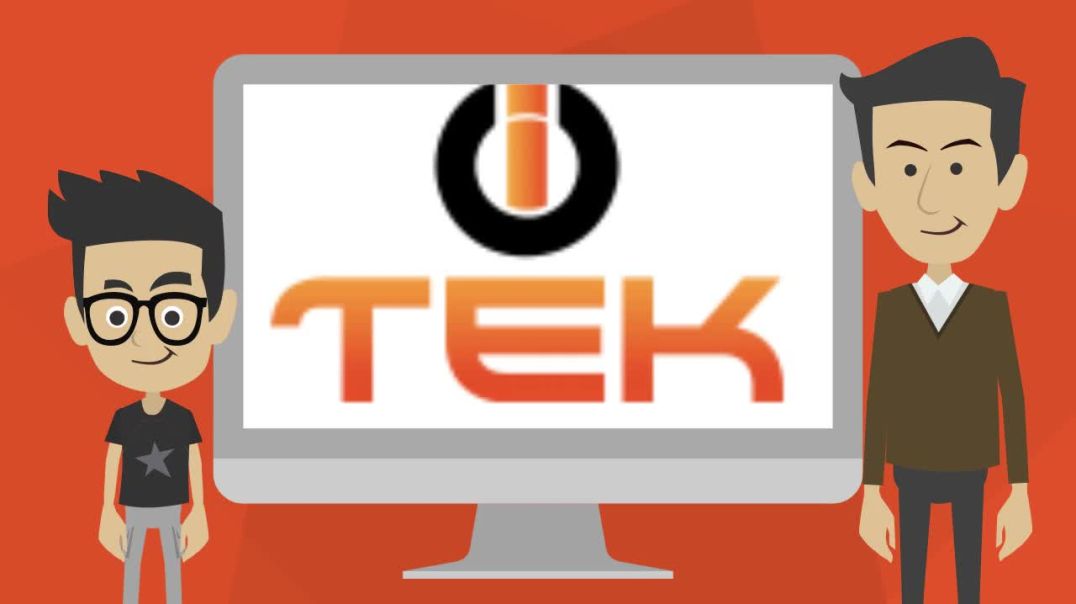Unveiling the Truth: Combating Vaccine Misinformation in New Zealand
Imagine a world where information is as fluid as the waters surrounding New Zealand, yet just as difficult to navigate. This is the reality of vaccine misinformation, a pervasive issue that challenges both public health and the scientific community. With New Zealand's commitment to health and sustainability, addressing misinformation is not only essential but urgent. According to Stats NZ, misinformation can affect vaccine uptake, leading to public health risks and economic consequences. Let's dive into how New Zealand can combat this challenge effectively.
Understanding Vaccine Misinformation: A Comparative Analysis
Vaccine misinformation is not a new phenomenon. Historically, misinformation has stemmed from misunderstandings about vaccine science and a lack of trust in government and health authorities. In New Zealand, this misinformation often parallels global trends but also reflects unique local factors. For instance, the Ministry of Health in New Zealand has noted a rise in misinformation spread through social media platforms, influenced by international anti-vaccine movements.
The Impact of Misinformation on Public Health in New Zealand
According to a report by the Ministry of Business, Innovation and Employment (MBIE), misinformation can lead to a decline in vaccination rates, which poses a significant risk to public health. A real-world example can be observed in the 2019 measles outbreak in Auckland, where misinformation contributed to vaccine hesitancy. This outbreak highlighted the vulnerability of communities and the importance of maintaining high vaccination rates to ensure herd immunity.
Case Study: The Power of Community Engagement
In response to the measles outbreak, New Zealand implemented a community-driven approach to increase vaccination rates in Auckland. By partnering with local leaders and healthcare professionals, the government launched targeted campaigns that addressed specific concerns and misinformation. This initiative resulted in a 17% increase in vaccination rates within affected communities, demonstrating the power of localized, data-driven interventions.
Debunking Myths: How to Combat Misinformation Effectively
Common Myths & Mistakes
- Myth: "Vaccines cause autism." Reality: Extensive research, including a study by the University of Auckland, confirms that vaccines do not cause autism. This myth persists despite the lack of scientific evidence.
- Myth: "Natural immunity is better than vaccine-acquired immunity." Reality: Vaccines provide a safe and controlled way to develop immunity without the risks associated with disease complications.
- Myth: "Vaccines contain harmful toxins." Reality: Vaccines contain safe levels of preservatives that have been rigorously tested and approved by health authorities worldwide, including Medsafe in New Zealand.
Proven Strategies to Combat Misinformation
To effectively combat misinformation, New Zealand can adopt several strategies:
- Education and Awareness: Public health campaigns should focus on educating the public about the benefits of vaccines and addressing common misconceptions.
- Leveraging Trusted Voices: Collaboration with healthcare professionals, community leaders, and influencers can help disseminate accurate information and counteract misinformation.
- Utilizing Technology: Platforms like the COVID-19 Vaccine Tracker App have been instrumental in providing real-time information and debunking myths in New Zealand.
The Role of Technology in Fighting Vaccine Misinformation
Technology plays a crucial role in combating misinformation by enabling the rapid dissemination of accurate information. In New Zealand, the use of social media and mobile applications has been pivotal in reaching diverse audiences. The COVID-19 Vaccine Tracker App, for example, provides users with the latest vaccine information, helping to counter misinformation in real-time. According to the Reserve Bank of New Zealand, digital tools like these have the potential to enhance public trust and facilitate informed decision-making.
Looking Ahead: Future Trends and Predictions
As we look to the future, New Zealand must continue to innovate in its approach to combating misinformation. By 2026, it is predicted that digital literacy programs will become a staple in New Zealand's education system, equipping future generations with the tools needed to critically evaluate information. Additionally, advancements in artificial intelligence could offer new ways to detect and counter misinformation online, further safeguarding public health.
Final Takeaways & Call to Action
- Invest in community-driven initiatives to address local concerns and misinformation.
- Utilize technology to disseminate accurate information and engage with diverse audiences.
- Encourage collaboration between health authorities, community leaders, and influencers to build trust and promote vaccination.
New Zealand has the opportunity to lead by example in combating vaccine misinformation. By adopting data-driven strategies and fostering community engagement, we can ensure a healthier future for all Kiwis. What are your thoughts on these strategies? Share your insights and help us continue this important conversation!
People Also Ask (FAQ)
How does vaccine misinformation impact New Zealand? Vaccine misinformation can lead to decreased vaccination rates, posing a risk to public health and potentially increasing healthcare costs in New Zealand.
What are effective strategies to combat vaccine misinformation? Effective strategies include public education campaigns, collaboration with trusted voices, and leveraging technology to provide accurate information.
What role does technology play in combating misinformation? Technology enables the rapid dissemination of accurate information and real-time myth debunking, helping to counter misinformation effectively.
Related Search Queries
- Vaccine misinformation in New Zealand
- Combating vaccine myths NZ
- Effective vaccine communication strategies
- Community engagement in public health
- Impact of misinformation on vaccination rates
































Stoni Canada
20 days ago